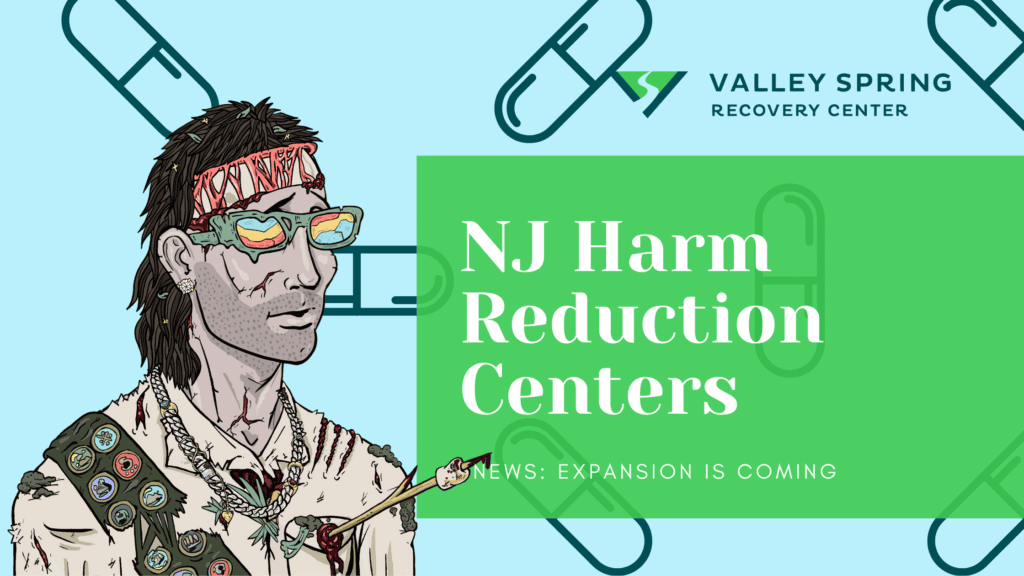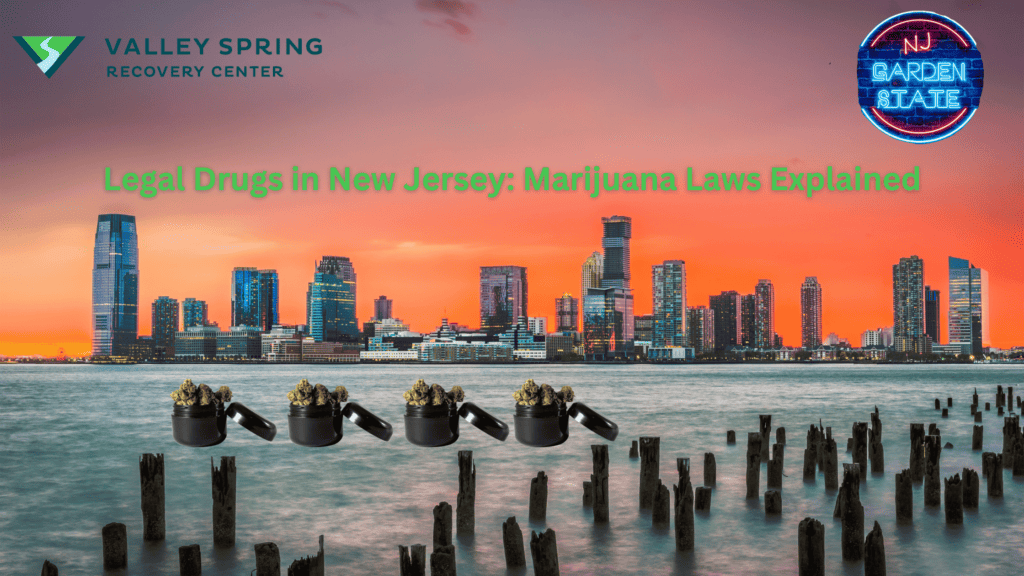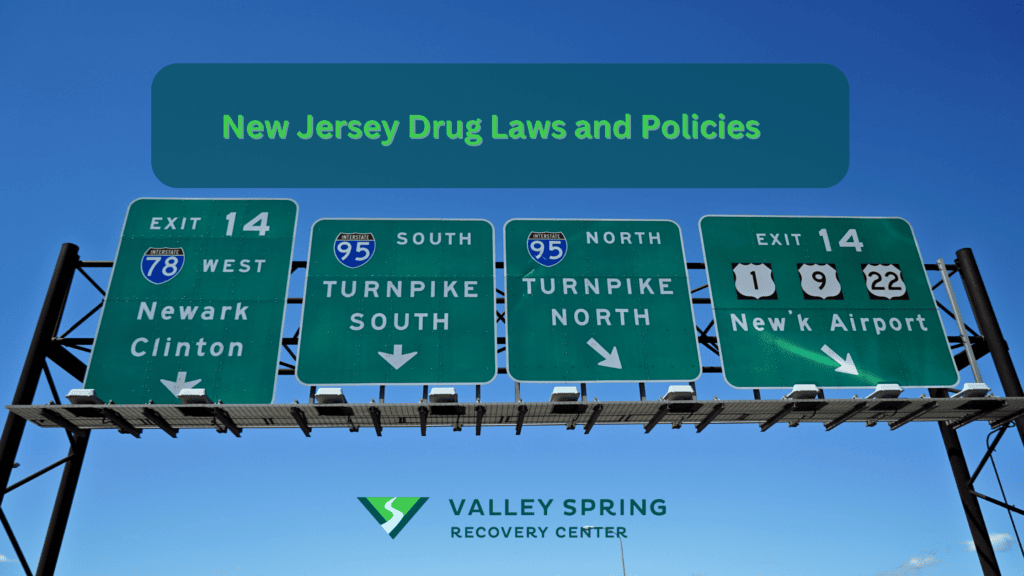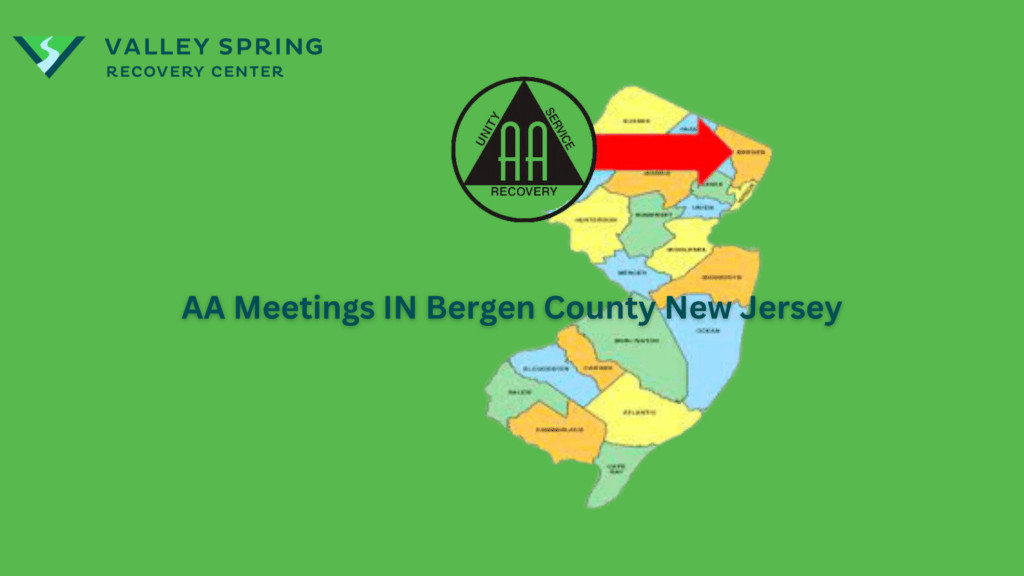New Jersey is taking a monumental step in combating substance abuse by doubling the number of full-service harm-reduction centers across the state. This initiative aims to provide more comprehensive services to individuals struggling with substance-use disorders.
What is Harm Reduction For Addiction?
Harm reduction is a set of practical strategies and ideas aimed at reducing the negative consequences associated with drug use or other addictive behaviors. Unlike traditional abstinence-only models, harm reduction acknowledges that complete cessation of addictive behavior may not be a realistic or desirable goal for everyone. Instead, it focuses on minimizing the risks and harms associated with the behavior.
The key components of Harm Reduction for Addiction as outlined by the National Harm Reduction Coalition are included below:
- Non-Judgmental Approach: Harm reduction adopts a non-judgmental stance towards the individual, recognizing that drug use is a complex issue influenced by various factors such as social, psychological, and economic conditions.
- Pragmatism: It is rooted in practicality, aiming to address immediate concerns and reduce harm in the short term while working towards long-term solutions.
- Informed Decision-Making: Harm reduction emphasizes the importance of providing individuals with accurate information to make informed choices about their behavior.
- User Involvement: Often, harm reduction programs involve the active participation of people who use drugs, ensuring that interventions are tailored to their specific needs.
- Holistic Care: It often incorporates other services like healthcare, counseling, and social support, aiming for a comprehensive approach to addiction.
What Are Examples of Harm Reduction Strategies?
Examples of harm reduction strategies are included below:
- Needle Exchange Programs: Providing sterile needles to prevent the spread of diseases like HIV and Hepatitis C.
- Supervised Consumption Sites: Safe spaces where individuals can use drugs under medical supervision.
- Naloxone Distribution: Making the opioid overdose reversal drug Naloxone readily available.
- Drug Testing Kits: Providing kits to test the purity of substances, reducing the risk of overdose or poisoning.
- Educational Programs: Offering information on safer drug use, including the risks of mixing substances and the importance of setting and dosage.
Expanding the Network of Harm-Reduction Centers
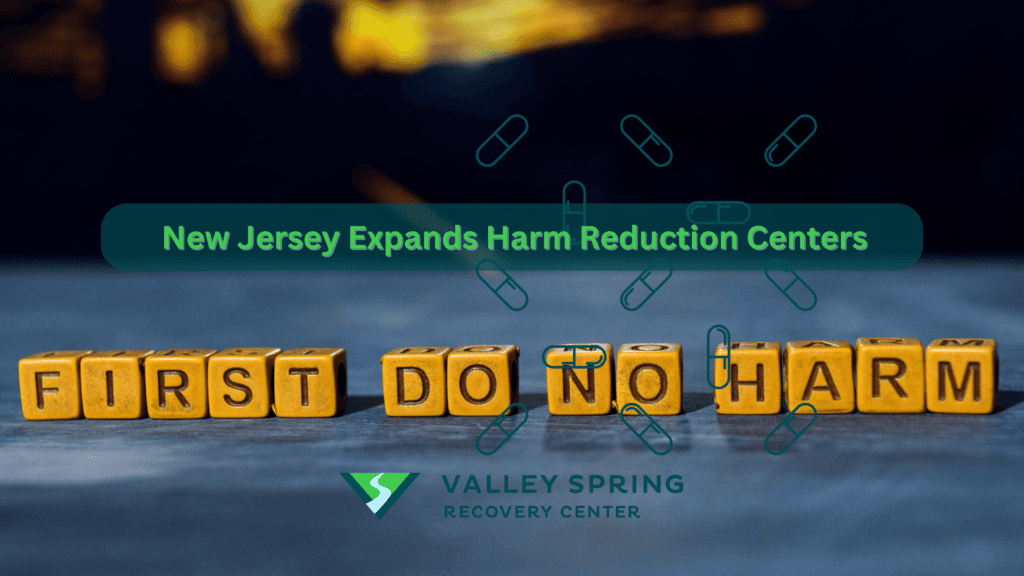
The New Jersey Department of Health has greenlit seven new harm-reduction programs since July. These new centers will complement the existing seven programs in cities like Newark, Jersey City, and Camden. The expansion will introduce new services in various communities, ranging from Newton in Sussex County to Vineland in Cumberland County.
A Community-Centric Approach
Acting Health Commissioner Dr. Kaitlan Baston emphasizes that these new centers will offer “community-driven solutions.” The goal is to provide safe and effective services that can alleviate the suffering caused by substance-use disorders and ultimately save lives.
The Current State of Overdose Death statistics
The New Jersey Overdose addiction statistics are alarming. Nearly 3,000 people lost their lives to drug-related fatalities in 2022, and over 2,000 have already died this year. Certain demographic groups, such as Black men and seniors, continue to be disproportionately affected.
The Importance of Harm-Reduction Programs
Harm-reduction programs are crucial for reducing blood-borne infections like Hepatitis C and HIV. These centers offer clean syringes in exchange for used ones, reducing infection rates by up to 50%. They also provide other essential services like naloxone distribution, wound care, and health screenings.
Financial Impact and Public Health
The cost of treating injection-related infections exceeded $1 billion in 2019, much of which was covered by Medicaid. By expanding harm-reduction programs, New Jersey aims to reduce these costs and improve public health.
Overcoming Stigma and Legal Barriers
While progress has been slow due to stigma and local opposition, a law signed by Gov. Phil Murphy in January 2022 has empowered the state health department to establish new centers without local interference.
Why Does Arm Reduction Matter?
Harm reduction is important for both healthcare providers and policymakers. It offers a more compassionate and effective approach to addiction, focusing on improving the individual’s quality of life rather than insisting on complete abstinence. Harm reduction is a set of practical strategies and ideas aimed at reducing negative consequences associated with drug use. Harm Reduction is also a movement for social justice built on a belief in, and respect for, the rights of people who use drugs as stated by the National Harm Reduction Coalition. This approach is particularly relevant in the context of behavioral healthcare, where understanding the nuances of addiction is essential for effective treatment.
How is harm reduction related to drug decriminalization?
Harm reduction and drug decriminalization are two distinct but closely related concepts in the field of addiction treatment and public policy. Both aim to reduce the negative consequences associated with drug use, but they operate on different levels—harm reduction focuses on immediate, practical interventions, while drug decriminalization is a broader legal and policy change.
How They Relate
- Reducing Stigma: Decriminalization helps in reducing the social stigma associated with drug use, making it easier for individuals to seek harm reduction services.
- Access to Services: Decriminalization often leads to increased funding and support for harm reduction programs, as resources are diverted from law enforcement to healthcare services.
- Safety: Both approaches aim to make drug use safer. Decriminalization removes the fear of legal repercussions, encouraging users to access harm reduction services like needle exchanges or supervised consumption sites.
- Public Health Over Punishment: Both philosophies prioritize public health outcomes over punitive measures, focusing on the well-being of the individual and the community.
- Data Collection: Decriminalization can lead to better data collection about drug use, which can inform more effective harm reduction strategies.
Key Differences
- Scope: Harm reduction is a set of practices and strategies, while decriminalization is a legal framework.
- Implementation: Harm reduction can be implemented within existing legal frameworks, whereas decriminalization requires legislative change.
- Focus: Harm reduction is directly focused on the individual user, while decriminalization has a broader societal impact, affecting law enforcement practices, judicial systems, and public perception.
How can more community resource centers offer harm reduction and serve addicts?
According to the press release from the NJ governor’s office, Federally Qualified Health Centers, substance use treatment programs, AIDS service organizations, public health agencies, and other entities can now apply on a rolling basis to be registered as a harm reduction center. Application materials and technical assistance for prospective applicants are available here: https://www.nj.gov/health/hivstdtb/hrc/
What Are The Harm Reduction Resources in New Jersey
New Jersey Currently Has 7 Harm Reduction Centers listed here:
Asbury Park
Operated by: Visiting Nurse Association of Central Jersey — Prevention Resource Network
Location: 816 Sunset Avenue, Asbury Park, NJ 07712
Hours: Monday to Friday from 10:00 AM to 4:00 PM
Phone: 732-502-5100
Atlantic City
Operated by: South Jersey AIDS Alliance
Location: 32 S. Tennessee Avenue, Atlantic City, NJ 08401
Hours: Monday to Friday from 9:00 AM – 3:00 PM
Phone: 609-572-1929
Email: [email protected]
Camden
Operated by: Camden Area Health Education Center (AHEC) (Mobile Site)
Location: 2600 Mt. Ephraim Avenue (by Produce Mkt.), Camden, NJ 08102
Hours: Monday from 8:30 AM to 11:30 AM and Thursday from 8:30 AM to 11:30 AM
Phone: 856-963-2432 x221
Email: [email protected]
Jersey City
Operated by: Hyacinth Foundation
Location: 48 Fairview Ave, Jersey City, NJ 07304
Hours: Monday, Wednesday and Friday from 10:00 AM to 4:00 PM
Phone: 201-432-1134
Email: [email protected]
Newark
Operated by: North Jersey Community Research Initiative (NJCRI)
Location: 393 Central Avenue, Newark, NJ 07103
Hours: Monday, Tuesday, Thursday, & Friday from 8:00 AM to 4:00 PM; Wednesday from 1:00 PM to 4:00 PM
Phone: 973-558-5063
Email: [email protected]
Final Thoughts On Harm Reduction and Addiction Treatment In New Jersey
The expansion of harm-reduction centers in New Jersey marks a significant milestone in the state’s ongoing battle against substance abuse. With community involvement and state support, these new centers are expected to make a meaningful impact in saving lives and improving public health. Valley Spring Recovery Center is a New Jersey Addiction Treatment Center helping in the fight against addiction, contact us today if you or a loved one needs treatment for substance use disorder.
Sources
New Jersey Doubles Harm Reduction Services:
https://www.njspotlightnews.org/2023/10/south-jersey-aids-alliance-proceed-inc-north-jersey-community-research-initiative-newark-community-street-team-integrity-house-centers-for-prevention-and-counseling-harm-reduction-coalition-ocean-cou/
Principles Of Harm Reduction:
https://harmreduction.org/about-us/principles-of-harm-reduction/
Valley Spring Editorial Team
All author postsShare This Post

